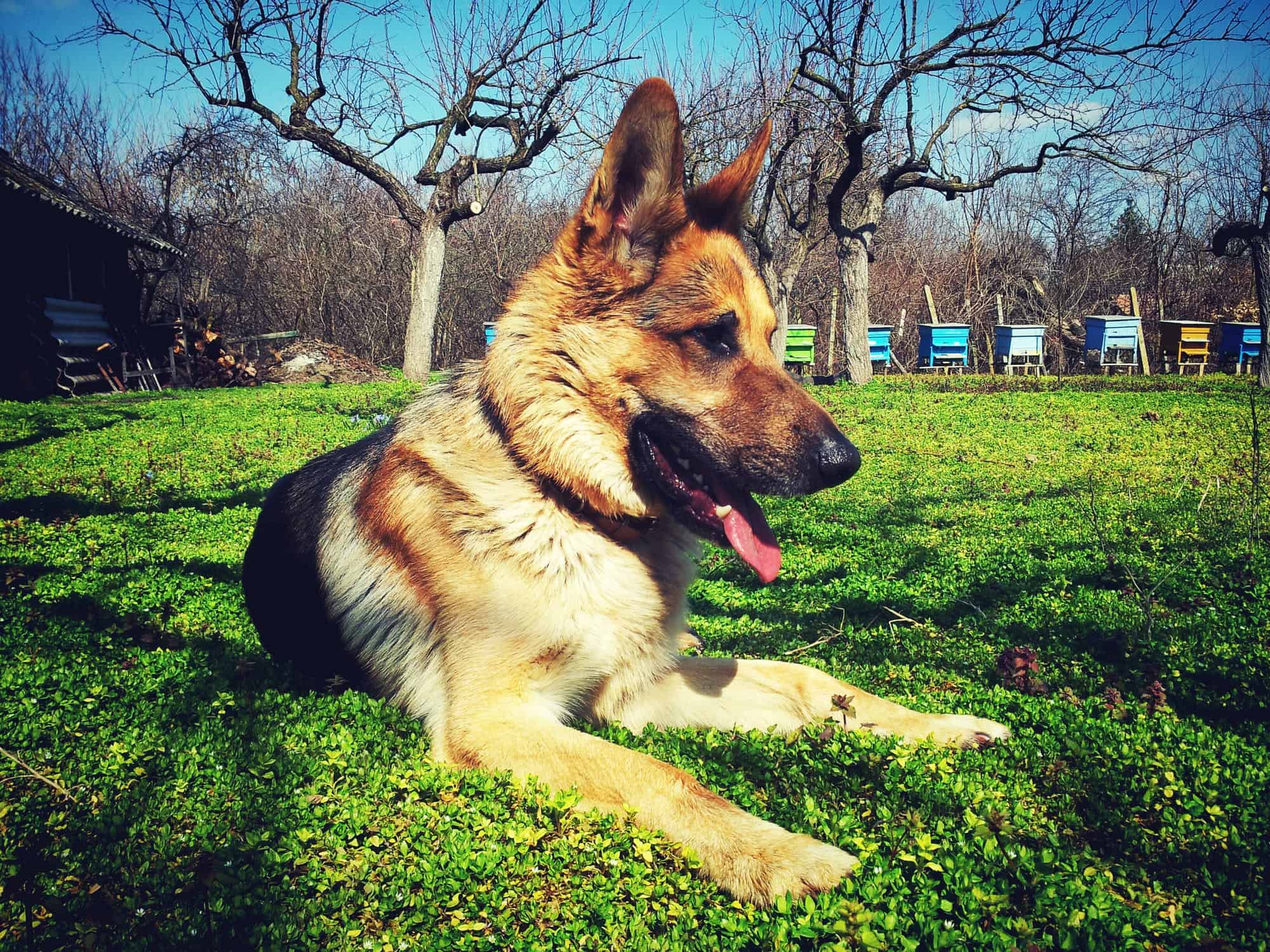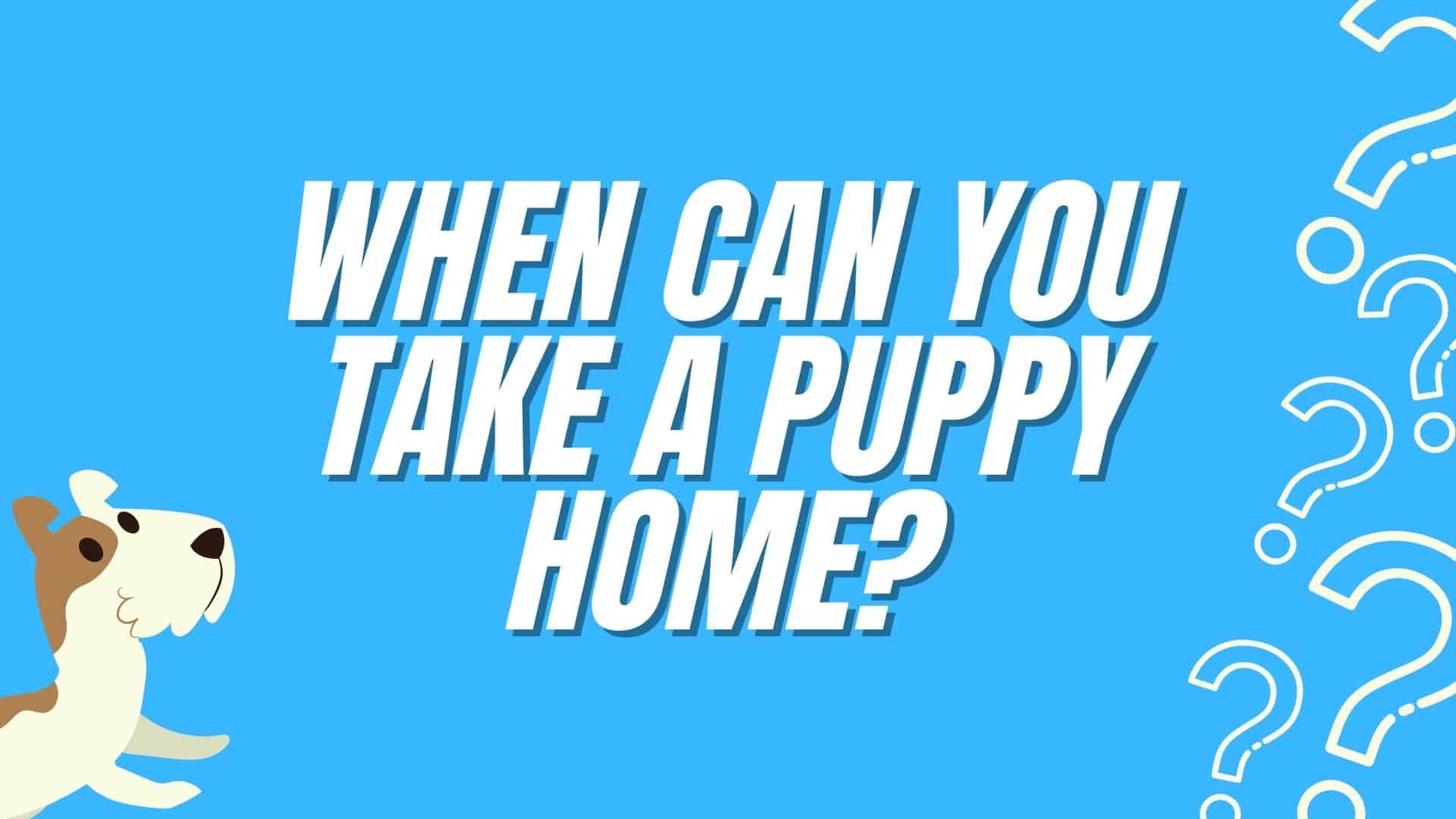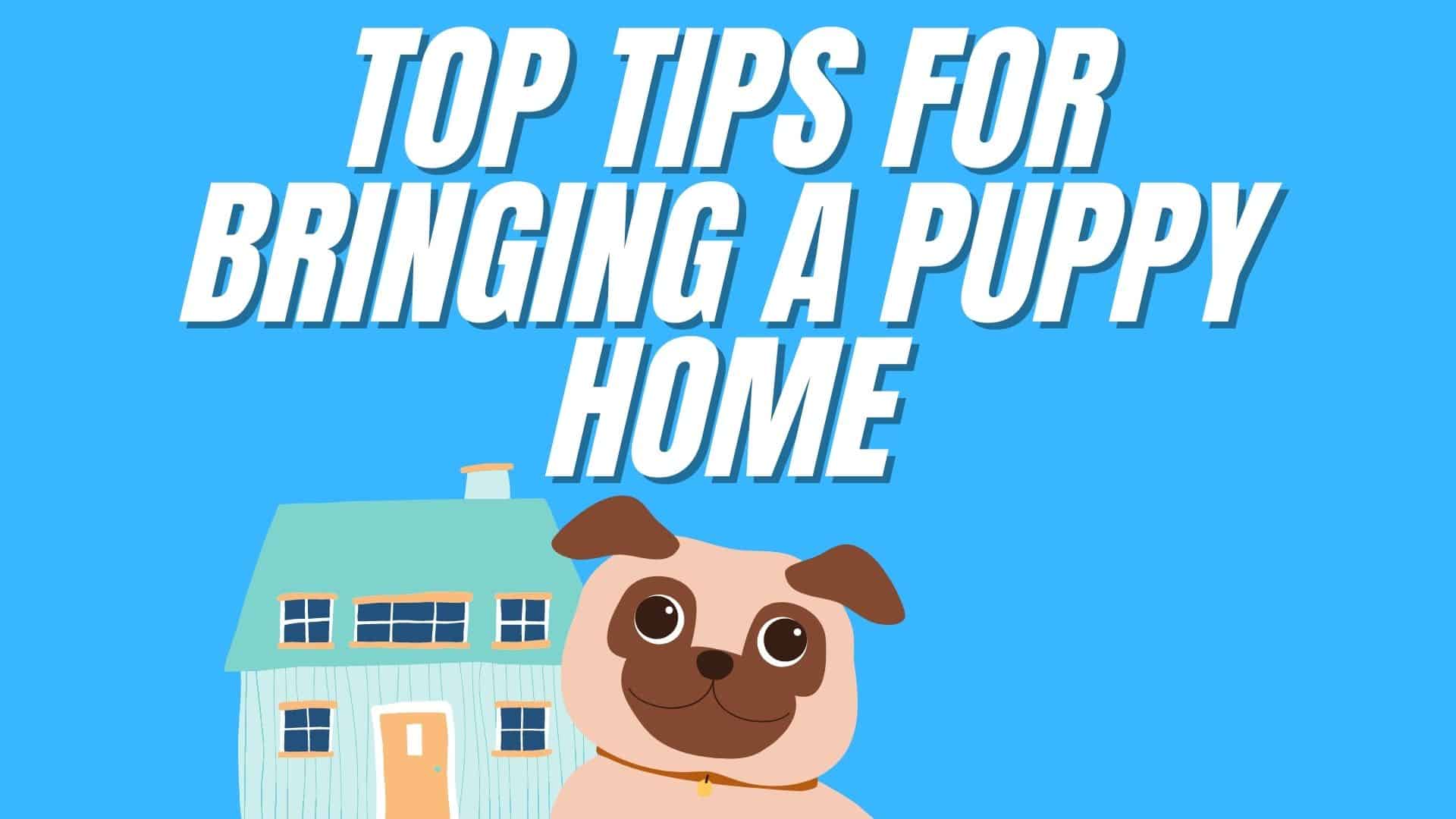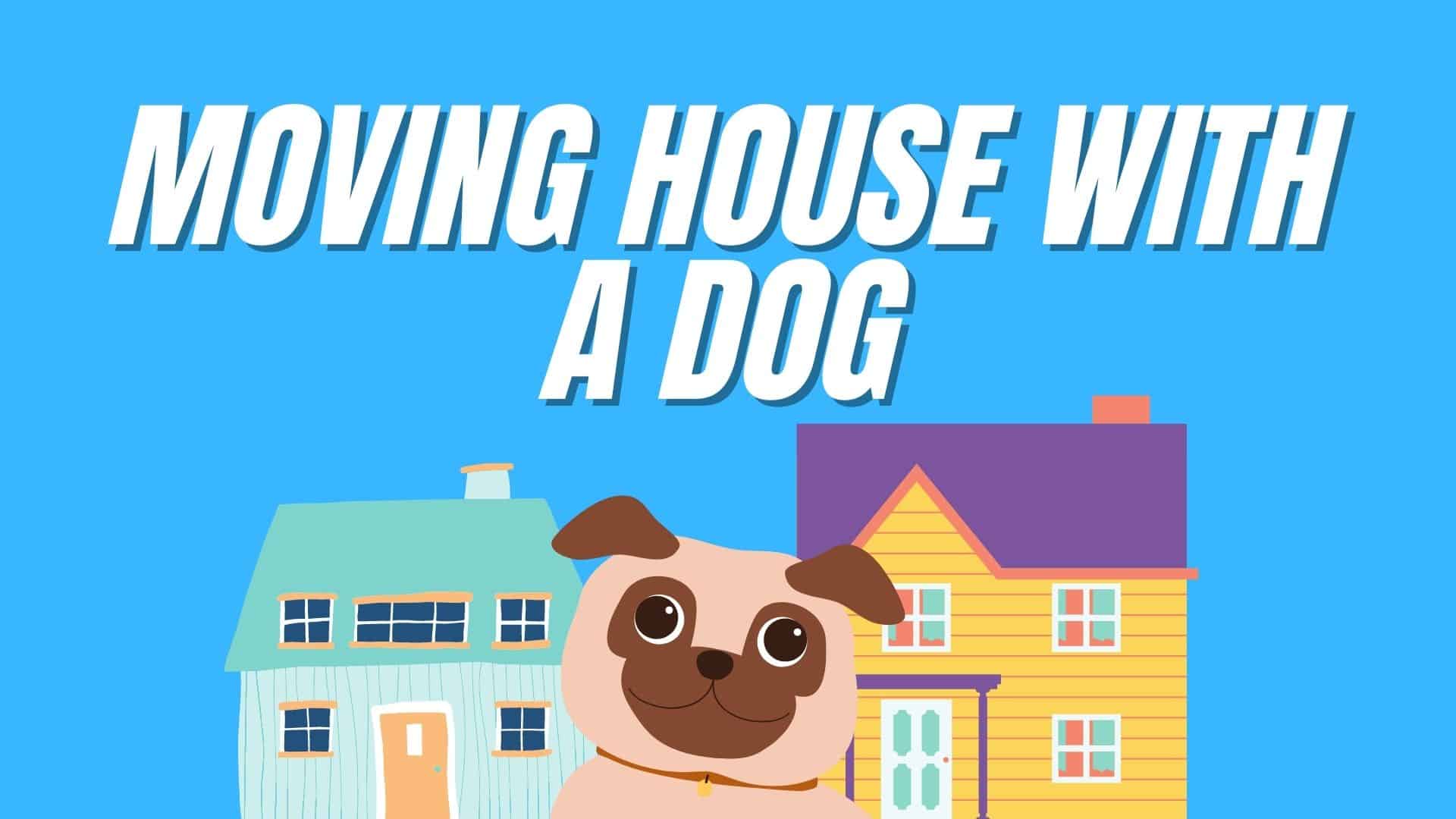Have you ever thought about why your dog chews grass?
Many people believe it occurs when a dog’s tummy is upset.
Unfortunately, no one knows for certain why dogs occasionally eat grass!
However, keep reading to learn more about theories, potential hazards and dangers, and how to deal with your dog’s stomach issues.
Psychological Reasons Why Dogs Eat Grass and Vomit
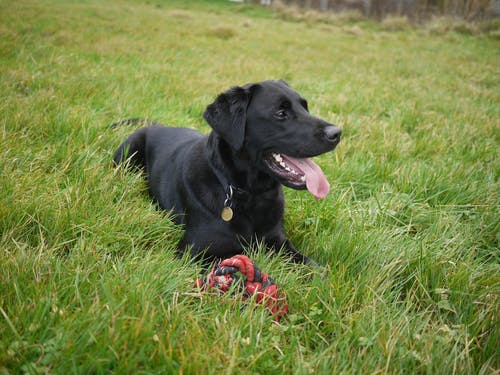
Although no one knows for certain why dogs engage in this behavior, many veterinarians believe it is psychological in nature.
You’ll find information regarding some of the most popular hypotheses as to why dogs have a psychological need to eat grass, even if it makes the dogs vomit.
Are you bored, stressed, or upset?
Some veterinarians believe that dogs chew grass because they are bored, nervous, anxious, or angry.
Some dogs are more prone to eat grass when they believe they are alone in the backyard, which contributes to the perception that they are unhappy.
Some veterinarians feel that dogs chew grass to attract the attention of their owners, which is something they desire.
Even if they are instructed to cease doing something, dogs interpret this as attention, which is sufficient for many of them.
When their owners are outside with them, dogs often do not chew the grass as much.
Instincts Could Be the Root of the Problem
This behavior could also be motivated by instinctive psychological factors.
Dogs descended from wild canine predecessors who ate whatever creatures they could catch, including their prey’s stomach contents.
Those contents were usually grass that the animals had been munching.
It is estimated that up to half of all modern wolves consume grass on occasion, whether on purpose or as part of their regular diet.
Eating Grass Dogs intuitively do not frequently vomit afterward.
There is nothing to be concerned about if you witness your dog munching grass and she does not vomit as a result of it. She’s simply carrying on the tradition of her forefathers.
They Enjoy the Flavor of Grass
Finally, there is another psychological reason dogs eat grass: they enjoy the flavor of it.
Some dogs only consume grass in specific locations or at specific times of the year, lending credence to the notion that they enjoy the flavor and feel of the grass they chew.
Of course, some dogs are content to hurry outside every time they get and eat down on the grass in the backyard.
These dogs also demonstrate that some dogs eating grass simply like it on a daily basis.
Physical Reasons Why Dogs Eat Grass and Throw Up
It’s possible that grass eating dogs won’t gain anything physically.
Nonetheless, there could be some anatomical causes for this behavior. Examine this list to see if you can find anything that describes your dog.
Upset Stomach
Many Dog Owner believes that dogs chew grass to relieve stomach distress.
This is most likely due to the behavior’s tight association with vomiting.
However, it is difficult to discern if the dog is vomiting up because she ate the grass or because her stomach was upset and she thought the grass would help.
In most cases, vets are still unsure which leads to which.
However, most dogs who eat grass appear entirely normal before eating it, leading veterinarians to assume that the grass is the cause of the vomiting more often than not.
A Dietary Reaction
Dogs may consume grass because they require extra fiber in their diets.
If you find your anxious dogs chewing grass frequently, especially straight after a meal, she may recognize she isn’t digesting properly (at least in some way).
Eating enough grass can provide her with the fiber she requires to properly process food.
You might want to try switching your dog’s food to a high-fiber diet with healthy sources of the nutrients she requires.
There’s a good likelihood that a meal improvement may put an end to the grass-eating practice.
Stomach Issues
If your dog exhibits indications of gastrointestinal troubles, she may have a problem that necessitates veterinary care.
If she vomits frequently (more than once after eating grass), or if she has watery, frequent diarrhea, it’s time to take her to the vet.
Dogs are prone to a number of potentially fatal stomach and digestive problems. These issues, however, are usually easily handled by your veterinarian.
Dogs do not always vomit after eating grass, and others do not at all.
This could imply that there is no true link between the two activities.
Some dogs may vomit due to the unusual texture or flavor of the grass rather than for any digestive reason.
Should I Stop My Dog from Eating Grass?
If you feel your dog is eating grass because he or she is bored, make sure they are receiving enough activity.
Engage them in some enjoyable activities.
ake a Frisbee, or play another interactive game, or buy them a lasting chew toy to keep them interested.
If your dog’s pica is caused by a nutritional deficiency, switching to better dog food, particularly a high-fiber version, may help alleviate the problem.
Although most experts believe that grazing is not dangerous in and of itself, it is important to remember that certain herbicides and pesticides used on lawns can be extremely poisonous, especially if consumed.
Furthermore, a number of popular house and garden plants are toxic, which could cause difficulties if your dog ate grass as well as the lawn.
Check the ASPCA’s Animal Poison Control Center website for a list of toxic and non-toxic plants to ensure the plants in and surrounding the area where your dog eating grass are not poisonous.
How Can You Stop Your Dog from Eating Grass?
Examine your dog’s diet.
When your dog seems to appreciate the flavors and texture of the grass, only try growing a small broad container of edible organic grass for him. (The pet stores offer grass seeds.)
You should teach your dog to ignore grass.
If your dog constantly eating grass and keeps dragging you off the pavement, distract him by gently walking him in another way while he’s grazing. Alternatively, bring high-value snacks with you when you take him for a stroll.
If he deviates off the path to graze grass, give him a verbal signal such as “Sit” or “Drop,” and reward him with a nice treat when he does so.
Keep your dog occupied as well.
Make sure he can keep himself entertained when he’s alone outside. Give him a tough chew toy to keep his mind and jaws busy.
And keep his body in shape by purchasing toys that don’t require the involvement of a pet parent, such as an interactive dog toy that dispenses rewards or an electric ball launcher.
It’s important to remember that it’s not the grass itself that’s harmful to your dog, but the potential contamination from lawn pesticides and intestinal parasites. When your dog is distracted and away from temptation, both of you will benefit.
Is Eating Grass Dangerous for Dogs?
No. Eating grass does not offer a genuine risk to your dog in and of itself, but be careful of what might be on the grass your dog consumes.
Pesticides, herbicides, and other chemicals can all be hazardous to your dog’s health.
Furthermore, if your dog isn’t restricting his greenery consumption to basic grass or clover, make sure he isn’t nibbling on plants that are toxic to dogs.
Keep an eye out if your dog, or more specifically, your puppy, is consuming a lot of grass.
In rare situations, it may result in an intestinal blockage.
Eating grass does not offer a genuine risk to your dog in and of itself, but be careful of what might be on the grass your dog consumes.
My Conclusion
If your dog eats grass frequently, even if she vomits from it, there is generally nothing to worry about. They could be acting out of a psychological need.
However, you should have her examined for parasites on a regular basis to ensure that he/she is not taking up anything from eating grass.
You should also prevent them from chewing on grass that has recently been treated with pesticides or other chemicals since this can be extremely harmful and even toxic to them.
As long as your dog does not develop parasites or consume hazardous compounds from grass-eating, they should be alright.
However, you should discuss it with your veterinarian at your dog’s next regularly scheduled appointment, simply to be sure there aren’t any risks you’re overlooking.
Your vet will let you know if there is anything you should be on the lookout for, and they may also give you some tips on how to stop your dog from eating grass if you want them to stop.

